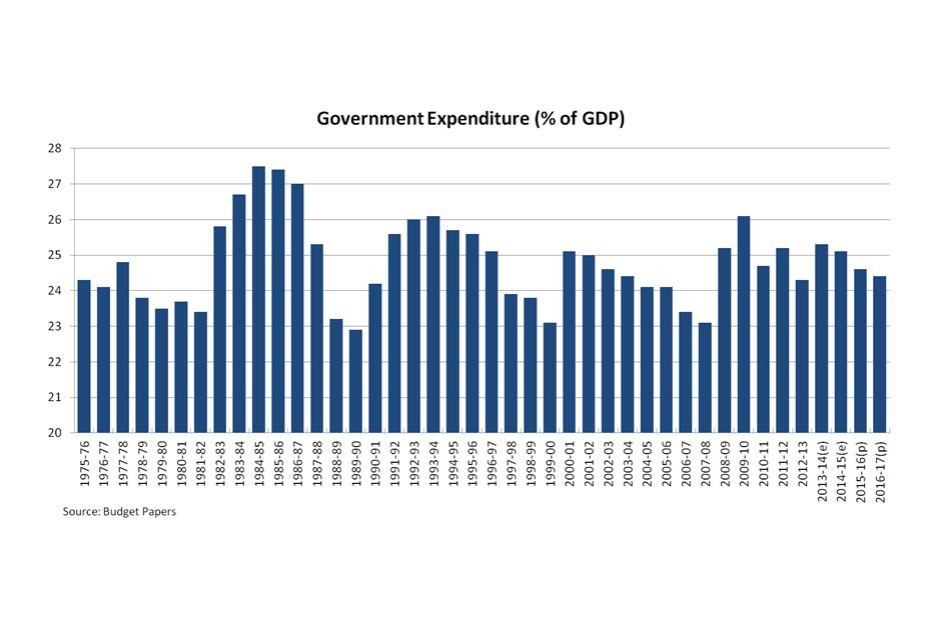Budgeting Tips for Surviving the Recession Protect Your Income in an Uncertain Economy Good
Post on: 4 Апрель, 2015 No Comment

By Richard Eisenberg
By Skip O’Donnell
Special Offers
1. Build up an emergency savings fund. You want to be sure to have money set aside in a rainy-day fund that you can get to immediately, without paying a penalty. The best place is a money-market account at a federally insured bank, savings and loan, or credit union. In January 2008, you could earn about 3 percent on a money-market account. (Some institutions require $1,000 or $2,500 to open one, but others — like Capital One’s — set their minimum at $1.) If possible, try to build up an emergency savings fund that’s the equivalent of three months’ worth of living expenses.
2. Save more (through an automatic savings plan). Not a 401(k) or other retirement plan. They’re great, but they are for money you won’t need for a while. When you’re preparing for tough times, you need to focus on money you could use soon. An automatic savings plan arrangement lets you have a specific amount of cash automatically transferred from your bank’s checking account to a mutual fund each month — a money-market mutual fund or short-term bond fund are your best choices.
3. Spend less. Sounds obvious, right? But it’s one of the hardest money-management moves to make. Most of us enjoy buying things and find it difficult to break habits, like that daily Starbucks Venti Cappuccino or the weekly restaurant splurge. You needn’t take a vow of penance, but chances are there are ways you can trim your spending. Not sure how? Write down everything you spend each day, for a week. Then total up the categories (food, clothes, entertainment, transportation, etc.) and see how you can squeeze 5 or 10 percent out of those totals.

4. Pay down credit card debt. In a recession, you really need to make every penny work for you. And using your hard-earned cash to pay 14 to 21 percent interest on credit cards is not wise. So the more you can reduce your credit card debt now, the better shape you’ll be in if times toughen. Whenever possible, try to pay off your card balance in full each month. Certainly, work hard to pay more than the minimum.
5. Consider refinancing your mortgage or car loan. About the only good economic news lately has been the reduction in interest rates on mortgages and car loans. So if you took out a loan a few years ago, when rates were much higher, or you have an adjustable-rate loan whose rate has shot up, look into refinancing at today’s lower rates. The average rate on a 30-year mortgage in January 2008 was about 5.5 percent, and a four-year car loan’s average rate was about 7 percent. Looks like those rates are likely to drop soon, too.
6. Check your insurance coverage. This is the time to review your homeowners’ or renters’ insurance, life insurance, health insurance, disability insurance, and auto insurance coverage. The reason? You want to know that if your household has a financial calamity (someone loses a job or gets sick. your home gets damaged. your car is in an accident), you’ll have protection. If you can’t bear the thought of wading through your policies, call your insurance agents or employer’s benefits’ department and have them check your coverage for you. Who knows? You may find that circumstances have changed since you bought the policies and you don’t need as much coverage today. This could save you a few bucks that you could then stash in your emergency savings fund.
7. Polish your rsum. Hard economic times mean more layoffs. So update your rsum now, to be sure it’s current in case you need to apply for a new job. Try to contain the rsum to one page and avoid making it flashy or frilly. You want your work experience to stand out, not the document describing it.














